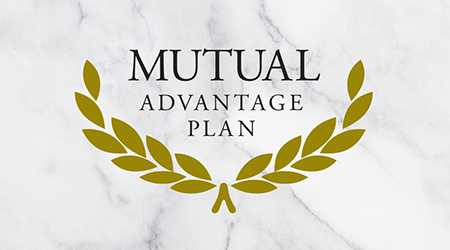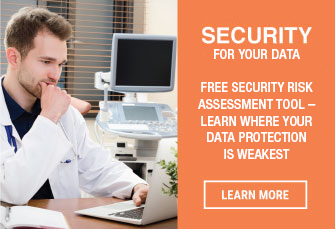Resources
The Importance of Staff Meetings
Better communication will engage staff in finding solutions to everyday practice issues.
Most, if not all, medical practices hold staff meetings – some on a more regular basis than others. Usually, these meetings are held to discuss a particular situation that occurred at the practice, to relay important information, or to discuss a hot topic that is applicable to the practice. These meetings are an essential part of the process of running a successful practice and should never be given short shrift. To ensure that staff members are getting the most out of the meeting, consider the following:
- Invite interaction among the participants. Drawing everyone into the discussion will make the meeting more productive and more than just a dry recitation of information.
- Have an agenda for the meeting – if you can, let participants know what to expect before they get there. If possible, divide the responsibility for presentation among other staff members. Try not to stray too far afield from the topic, get bogged down in minutiae or engage in unproductive debates or arguments.
- If the discussion identifies further action to be taken after the meeting, decide specifically what need to be done, who will do it, and when it should be completed.
- Document what transpired at the meeting. This helps with recall of the items discussed and plans made based on those discussions. It also is helpful to have the information available for those staff members who were not able to attend the meeting.
- At least twice a year, the practice should hold a meeting that includes everyone – both clinical and clerical. In that way, participants can appreciate the bigger picture and feel that they are part of the larger vision for the practice.
Keeping these points in mind will lead to better communication and will engage staff in finding solutions to everyday practice issues.










